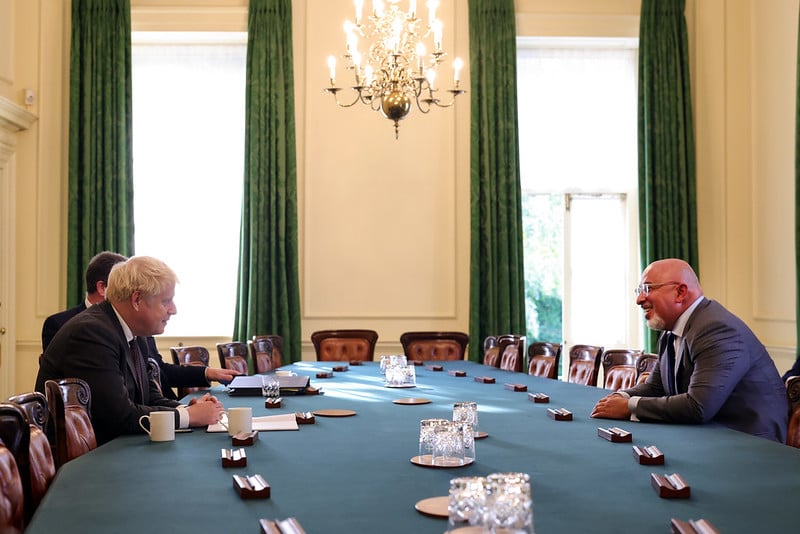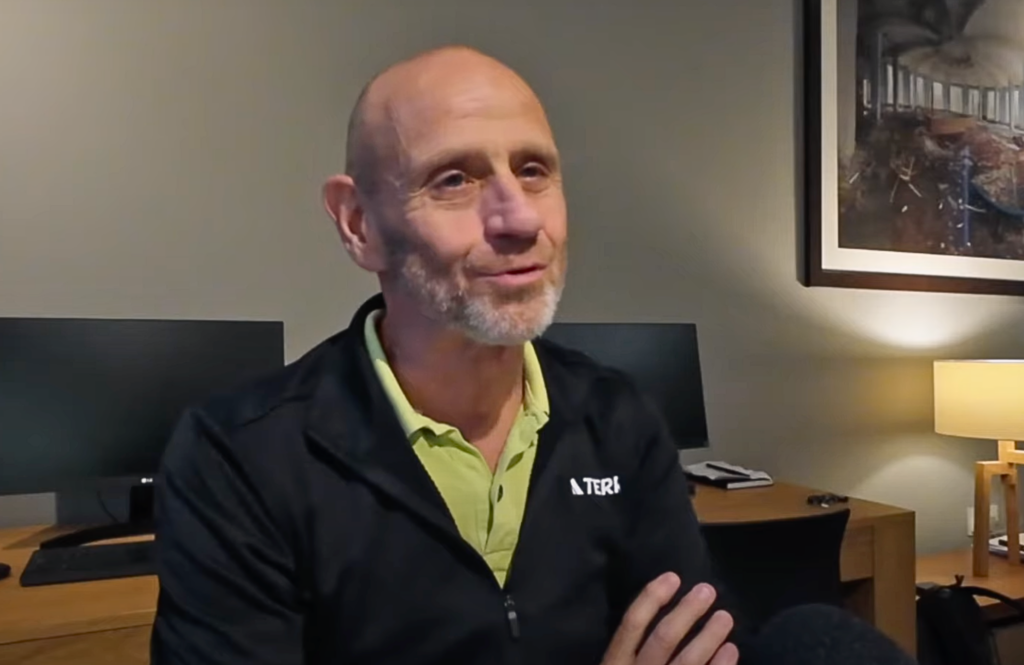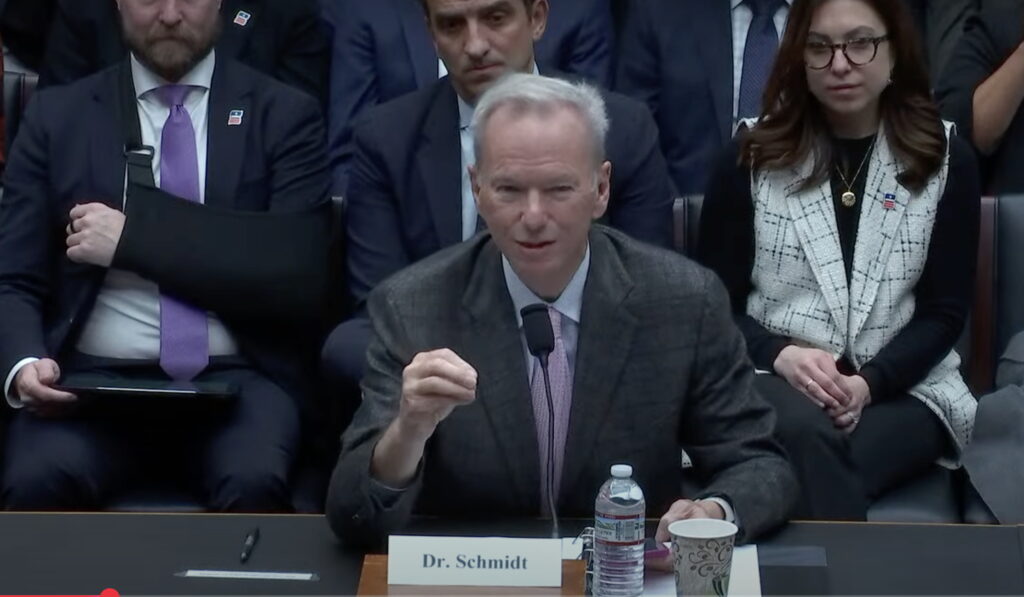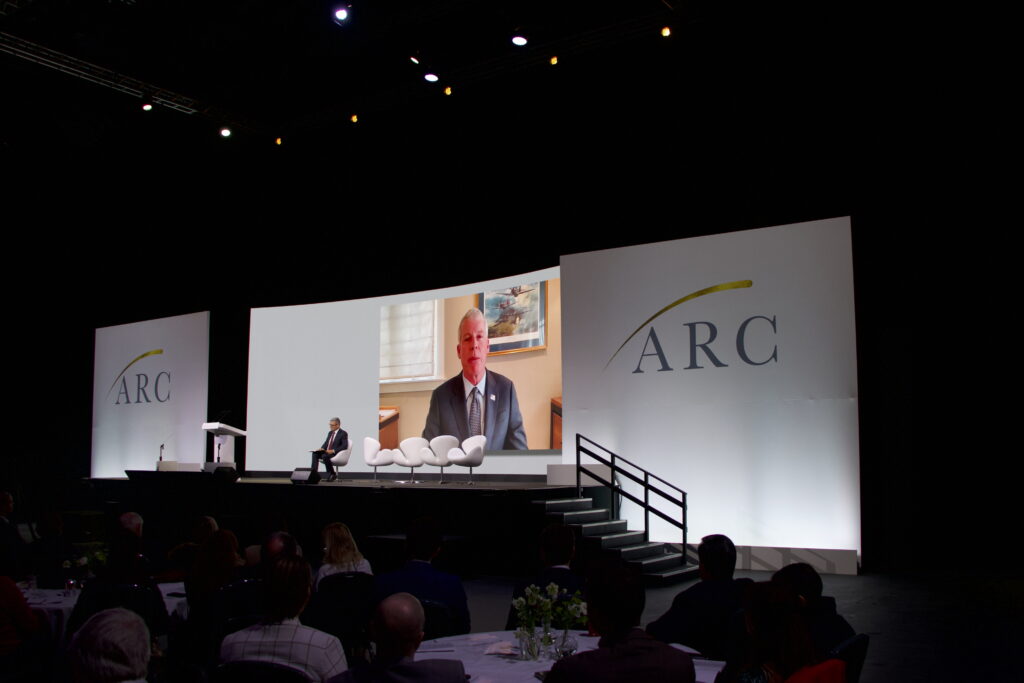British Prime Minister Boris Johnson’s government is in crisis after a fresh scandal triggered resignations by a growing number of his top team.
Still reeling from “Partygate” and a vote of no confidence, Johnson has now been hit by widespread concerns over Number 10’s response to recent sexual harassment allegations.
The quick-fire departures of former Chancellor Rishi Sunak and Health Secretary Sajid Javid have left a gaping hole at the heart of his government – which the PM has been quick to plaster over with some rapid Cabinet appointments.
Amid this fast-changing political landscape, DeSmog takes a look at the current cabinet’s movers, leavers and shakers, and how they position themselves on climate.
Promoted
Nadhim Zahawi (Chancellor, former Education Secretary)
Rishi Sunak’s replacement, Nadhim Zahawi, will have his work cut out as head of UK government spending amid a global cost of living crisis.
The MP for Stratford-on-Avon was education secretary for just 10 months before his promotion to the top role.
As chancellor, Zahawi will play a key role in spending decisions that will determine whether Britain can meet its net-zero targets, but his deep ties to the oil and gas industry have come under increased scrutiny.
An investigation by the Mirror found that Zahawi had earned £1.3 million as chief strategy officer of Gulf Keystone Petroleum, an Iraqi Kurdistan-based company. Zahawi also advised the now-defunct London-headquartered oil company Afren, two of whose executives were sentenced to a total of 30 years in jail in 2018 following a Serious Fraud Office investigation. There is no suggestion Zahawi was involved in any wrongdoing.
A joint investigation by the Guardian and DeSmog in 2019 noted that Zahawi had also been advising Talisman, a major Canadian oil sands producer, through the consultancy, and held shares in Genel Energy, an Anglo-Turkish oil and gas firm.
In early 2022, Zahawi defended North Sea oil and gas companies and rejected Labour’s call for a windfall tax, later adopted by the government in a more industry-friendly form.
In April, however, Zahawi won plaudits from the environmental sector for launching a new “Sustainability and Climate Change Strategy” to make schools greener, including a new Natural History GCSE exam, while in his previous brief as education secretary.
Steve Barclay (Health Secretary, Former Chancellor of the Duchy of Lancaster)
Former Chancellor of the Duchy of Lancaster, Steve Barclay, was promoted to health secretary in the snap reshuffle.
Barclay previously served as Brexit secretary under former prime minister Theresa May and Boris Johnson. He has been widely described as a loyal and dependable minister.
As Chancellor of the Duchy of Lancaster he helped introduce stricter environmental requirements for companies bidding for government contracts, while as a junior minister in the Treasury he was involved in initiatives to boost UK green finance.
He has regularly spoken in support of climate action, telling an international conference in May 2019 that, “as a planet, the changing climate threatens our lands and livelihoods”.
Barclay was found to be around average for Conservative MPs, and below average for MPs from across all parties, in a 2019 Guardian and DeSmog analysis assessing each MP’s climate credentials.
Michelle Donelan (Education Secretary, promoted from education minister)
Former Education Minister Michelle Donelan replaces the incoming Chancellor, Nadhim Zahawi, as Education Secretary.
Donelan was elected as the MP for Chippenham in 2015 and is a relative newcomer to government, having taken on her first ministerial post within the education department just over two years ago.
She has mentioned “climate change” twice in speeches to parliament, according to the parliamentary record, Hansard.
According to her website, however, she is committed to climate action, and mentions her support for green energy and electric cars, as well as her campaigning against plastic waste.
Departed
Rishi Sunak (outgoing Chancellor of the Exchequer)
The MP for Richmond served as the Chancellor of the Exchequer from February 2020 until his shock departure on July 5, 2022.
In his resignation letter, the outgoing chancellor said he had been loyal to the prime minister and had “always compromised” but was compelled to leave, because ultimately their approaches were “fundamentally different”.
Sunak received mixed reviews for his green spending. He was widely criticised for making no mention of climate change in his address to the 2021 Conservative Party conference, and his plans for green spending in the 2021 autumn budget also came under fire. Sunak also extended a freeze on fuel duty for a 12th year, and announced plans to expand the road network.
In April 2022, in a letter to the Bank of England, Sunak said the bank should “have regard to the Government’s new energy security strategy and the important role that the financial system will play in supporting the UK’s energy security – including through investment in transitional hydrocarbons like gas”.
In May 2022, Sunak announced a £5 billion windfall tax on energy firms – which he described as a “temporary, targeted energy profits levy”. However, it was reported last week that the former chancellor was “cooling” on the idea of a windfall tax on electricity generators.
Sajid Javid (outgoing Health Secretary)
Sajid Javid has occupied a smorgasbord of top Cabinet roles – as Home Secretary, Housing Secretary, Chancellor of the Exchequer and most recently as Health Secretary.
Hours after quitting government, Javid delivered a resignation speech to the House of Commons, saying “enough is enough” and something was “fundamentally wrong” with Boris Johnson’s leadership.
Javid is not known for his rhetoric or actions on climate. However, as Health Secretary during the COP26 U.N. climate negotiations in Glasgow, he wrote an open letter to England’s NHS trusts describing the climate crisis as a “health crisis”.
As communities secretary in 2018, Javid rejected a proposed coal mine in Druridge Bay, Northumberland, due to concerns over whether the mine would fit with the UK’s transition to a low carbon economy.
In October 2016, he overturned Lancashire Council’s rejection of a fracking site, allowing Cuadrilla permission to drill in the county. At the time, he said the company’s proposals to drill, frack and test for shale gas were in the national interest.
Javid has close ties to the Tufton Street network, home to a small but influential network of libertarian, pro-Brexit thinktanks and lobby groups, through his connection to Vote Leave chief and Taxpayers’ Alliance founder Matthew Elliott, who was part of his leadership campaign team. Elliott sits at the heart of a trans-Atlantic network of campaign groups lobbying for market deregulation post-Brexit, including rolling back key environmental protections.
Sacked
Michael Gove (outgoing Secretary of State for Levelling up, Housing and Communities)
Michael Gove was sacked as Levelling Up secretary on Wednesday night after calling on Boris Johnson to resign. A No 10 source said: “You can’t have a snake who is not with you on any of the big arguments who then gleefully tells the press the leader has to go.”
Gove made his name in government as Minister for Education under David Cameron, where he enacted a number of controversial and wide-ranging reforms to schools.
Following a stint as Justice Secretary, and a near-election defeat for then Prime Minister Theresa May, he was appointed as Secretary of State for the Department of Environment, Food and Rural Affairs (DEFRA) for May’s government in 2017.
He won some unexpected plaudits from environmentalists for his work at DEFRA, which included introducing bans on single waste plastic and developing legislation on the environment and air pollution post-Brexit.
Gove has previously described himself as a “shy green”, and attracted criticism early in his career over what critics said was an attempt to exclude climate change from the school curriculum (his advisors contested this was the case.)
Gove worked closely with Boris Johnson and the Vote Leave campaign during the Brexit Referendum, and became an influential spokesperson for the pro-Brexit side.
Key Climate Roles
Kwasi Kwarteng (Remains Business Secretary)
Kwarteng is set to retain a crucial climate role in the cabinet as the UK’s Business and Energy Secretary, a position he has occupied since January 2021.
Kwarteng first joined the department in July 2019, and was head of the department when the UK hosted the COP26 climate negotiations in November 2021.
Hours after his colleagues’ shock exits in July 2022, Kwarteng announced the publication of the UK’s Energy Security Bill, which he described as “the biggest reform in a decade”.
However, campaigners rejected the bill as offering “a few positive sprinklings of support” for solutions like heat pumps, without delivering the “vital measures” required to promote a renewable-centred energy system.
Meetings held by Kwarteng have previously attracted scrutiny. A DeSmog analysis found that companies and individuals involved in North Sea oil and gas donated a total of £419,900 to the Conservatives as the government reviewed the future of the sector – and that Kwarteng had met these donors more than a dozen times ahead of the industry’s transition deal.
An analysis of government transparency data by DeSmog also found that ministers had met nine times as often with high-carbon energy producers than with their renewable energy counterparts since Kwarteng had joined the department.
George Eustice (Remains Environment Secretary)
George Eustice is understood to be remaining as Secretary of State for the Department for Environment, Food and Rural Affairs (Defra).
Eustice, who is from a farming background, was appointed to the role in 2020 after serving as a junior minister in the department for five years. The department is responsible for a number of policy areas which account for a large volume of greenhouse gas emissions, including agriculture, forestry, land management and waste.
This week the MP for Camborne and Redruth gave his support to the controversial coal mine in Cumbria on the eve of a government decision on the project.
He told The Times “we might as well use our own coal and use our own gas rather than be reliant on other countries”. However, the article fails to address the fact that steelmakers in Europe are moving to “green steel”, which uses renewable energy to avoid the need for coking coal. The decision for the mine ultimately rests with the Department for Levelling Up, Housing and Communities.
Eustice has said he is keen to cut the “red tape” of European law, and in June 2022 announced he wanted to banish the Habitats Directive, a piece of legislation that protects UK habitats.
Ahead of the 2016 EU referendum, Eustice expressed his hope that money freed up by Brexit could go towards insurance schemes and incentives for farmers, and that the birds and habitats directives would be scrapped.
Subscribe to our newsletter
Stay up to date with DeSmog news and alerts







